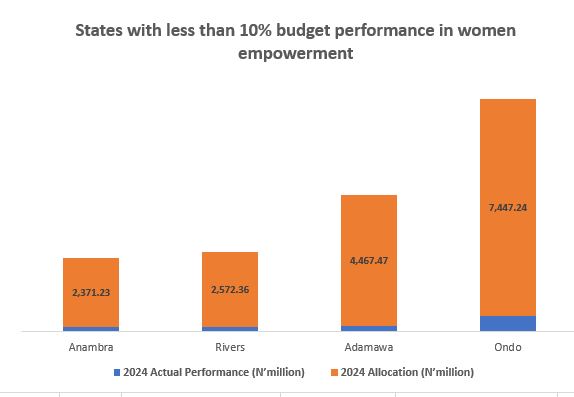The value of Nigeria’s non-oil exports to various parts of the world rose 49.92 percent year-on-year in the first half (H1) of 2017, according to data obtained from the Nigerian Export Promotion Council (NEPC).
Non-oil exports rose to $888.617 million in the H1 of 2017 as against $592.715 recorded in the first half (H1) of 2016.
One of the biggest surprises of this period was that Naphthalene, a chemical product obtained from petroleum distillation, displaced cocoa beans as Nigeria’s biggest non-oil export product.
The product was exported by the Nigerian National Petroleum Corporation (NNPC)/ Petroleum Products Marketing Company (PPMC), which for the first time topped the non-oil export list.
The NNPC was followed by Olam International, which came second, and Indorama Eleme Fertilizer & Chemical Company Limited, which came third.
BusinessDay found that NNPC/ PPMC also exported Low Pour Fuel Oil (LPFO), also called black oil; Olam exported agricultural products, while Indorama shipped out urea.
“Another surprise was also recorded as USA overtook Netherlands to become number one importer of Nigeria’s non-oil export products. Netherlands and Vietnam took the second and third positions respectively,” NEPC says in the document.
The NEPC says that 439 exporters were involved in the exportation of non-oil products during in the second quarter (Q2) of 2017 as against 239 in the first quarter, indicating that Nigerian companies are embracing call for diversification of Nigerian economy through non-oil export.
The data shows that Naphtalene is followed by cashew nuts (second), LPFO(third), urea (fourth), cigarettes (fifth), cocoa (sixth), sesame seeds (seventh), finished leather (eighth), rubber (ninth) and processed wood (tenth).
The data show that the European countries imported 28.10 percent of Nigeria’s products in Q2, followed by Asia and Africa with 26.39 percent and 22.62 percent of the total value respectively.
Nineteen financial institutions, including the Central Bank of Nigeria (CBN), participated in issuing Nigeria Export Proceeds (NXP) forms for export transactions during the period, with Zenith Bank leading.
Zenith Bank was followed in the second and third positions by UBA and CBN respectively.
Apapa Port topped Nigeria’s exit point in Q2 with 37.55 percent of export value, while Okrika Jetty (22.78 percent) and Tin Can Island Port (18.81 percent) came second and third respectively.
All ECOWAS member states, with exception of Cape Verde, imported from Nigeria in Q2 with an import value of $ 78.115 million (18.04 percent of the total value). This is an indication that 15 members of ECOWAS, nay Africa, are not trading enough with each other. BusinessDay found that the value of trade among ECOWAS members stands at 12 percent of the total, while intra-Africa trade is between 10 and 12 percent.
“Intra-regional and intra-Africa trade should be the way to go before we as Africans can venture head on into the global trade,” Benjamin Mkapa, former Tanzanian president, told Nigerian manufacturers at the recent Manufacturers Association of Nigeria (MAN) AGM held in Lagos.
According to Muda Yusuf, director-general of the Lagos Chamber of Commerce and Industry (LCCI), one of the biggest ways by which Nigerian exporters can increase their dominance of the ECOWAS market is by being competitive and knowledgeable on adequate information.
“Trade is about competition. If you have all the agreements and you are not competitive, you will make no headway,” said Yusuf.
“Many of the industries that are surviving in the country are doing so on the basis of protection. You have to be price and quality competitive and sometimes there is insufficient information and awareness among exporters, which should not be so,” he said.
One of the challenges that may affect Nigeria’s export numbers in the second half of the year is the horrible state of Apapa roads, which has increased dwell time of cargoes and containers.
“The key to trading or manufacturing business is the amount of time it takes you to turn around your working capital. If it should take 20 days and it takes 25, it adds more costs, which is exactly the situation,” said Ede Dafinone, chairman of the MAN Export Group.
ODINAKA ANUDU








